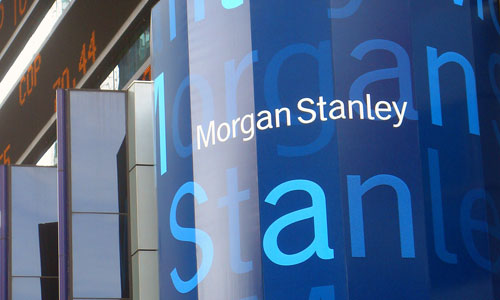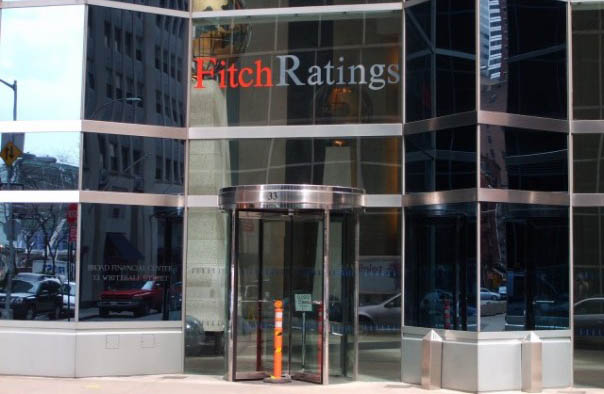
Union Budget 2012-13 – A timid tango of pros and cons
Our reaction to Union Budget 2012-13 is mixed at best. It seems fair to state that the Indian real estate sector does not have much to cheer about.

Our reaction to Union Budget 2012-13 is mixed at best. It seems fair to state that the Indian real estate sector does not have much to cheer about.

Year 2011 was a challenging year for the Indian real estate sector. It was a year which brought to the mainstream need for policy level changes.

The year 2011 can best be described as a lackluster year for Indian real estate sector. There were several headwinds that prevented the sector from delivering to its full potential.

Anything said on the contribution of K P Singh to the evolution of Indian real estate would be stating the obvious.

The draft Real Estate (Regulation and Development) Bill, 2011, aims at bringing reforms in the unorganised Indian real estate sector.

Fishing in the troubled waters of Indian real estate, Morgan Stanley Private Equity is staring at Rs.200 crore loss.

The Indian real estate market has matured to the extent that it is seen as the best investment instrument, as a recent survey by ASSOCHAM points out.

Indian real estate majors, DLF and Unitech, are set to miss their FY11 sales target, despite prices reaching the highs of 2007. Mid cap names like HDIL, Ackruti City and Sobha Developers are however on track to meet their targets.

The Associated Chambers of Commerce and Industry of India (ASSOCHAM) has suggested the government to introduce Real Estate Investment Trust and Real Estate Mutual Fund to enable investors to own a diversified portfolio of professionally managed assets in the real estate sector. In a note submitted to the government, the Chamber said that the Indian Real estate sector currently lacks any monetization vehicle for capital intensive verticals such as commercial offices and retail malls.

The Fitch Ratings 2011 outlook for the Indian real estate sector seems to contradict itself. While it says the realty market is stable in the year, it also warns of a negative bias. The negative forecast of Fitch Ratings is, however, based more on the sentiments than the emerging market reality.
